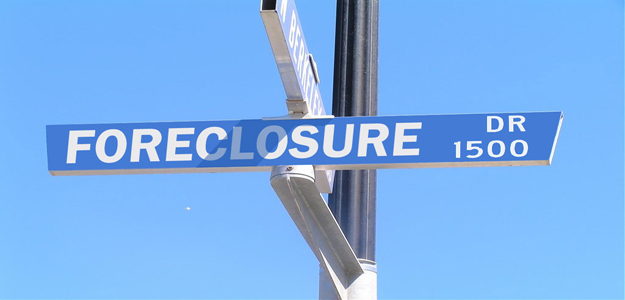 Many homeowners are finding themselves in dire straights. More specifically they are finding themselves having to choose between foreclosure or short sale. So which is the right choice for distressed homeowners in today’s market?
Many homeowners are finding themselves in dire straights. More specifically they are finding themselves having to choose between foreclosure or short sale. So which is the right choice for distressed homeowners in today’s market?
Los Angeles may still be the city of angels, but from Monrovia to Santa Monica it is quickly becoming a less friendly county for homeowners that may be experiencing a hardship. The traditional definition of a hardship is anything affecting one’s ability to live a normal and comfortable life; however it has taken a new meaning in the past five years.
Since the sub-prime mortgage crisis between 2007 and 2009, a hardship has become more directly correlated with homeownership. In 2012 when someone says they are experiencing a hardship it is most often associated with the inability to pay one’s mortgage, and the subsequent default status they fall into. Whether caused by a job loss, income curtailment, medical expenses, or the increased cost of living, one thing is certain: people in Southern California are finding themselves unable to make their monthly home loan payment.
Even worse the home that they are fighting to keep is deeply underwater, and has no equity in it due to the fallout in the housing market. Having no equity, and not enough income to sustain their current financial situation, these homeowners are faced with two options: Short Sale or Foreclosure. Modification is not an option, simply because it would not be beneficial to a homeowner to have their payment reduced (which generally is not the outcome of a modification) if their property remains over encumbered. They would just be making payments into an investment that may never be worth what they owe on it! What about bankruptcy? If one cannot afford their current mortgage payment how are they going to be able to afford their mortgage payment plus the missed payments, fees, and interest that has accrued on it (this is what a bankruptcy monthly payment is generally comprised of). As you can see a short sale or a foreclosure really are the only two options for the distressed homeowner.
Let’s examine how they compare:
- By going through a short sale one can reasonably expect to be able to obtain financing within the next two years, versus five to seven years through a foreclosure.
- Short sales do not cost the homeowner anything, as all expenses are paid by the bank. Contrast this with foreclosure or bankruptcy where most often an attorney is needed to sort everything out, which costs a lot of money!
- After a foreclosure it is common for credit cards to be cut off, or to have interest rates spike on you. This is not an issue through a short sale, which will save you immensely in long run when repairing your credit.
- Through a short sale homeowners are able to stay in their homes for up to three years while the short sale is being negotiated. In a foreclosure the trustee sets an auction date, and thirty days later you usually have a sheriff at your door throwing you out and changing the locks.
- Additionally during the short sale process the homeowner usually does not have to make any mortgage payments, allowing them to save quite a bit of money.
- Through bills like SB 931 and SB 458 homeowners who take the responsible route and complete a short sale versus walking away from their property are afford protection from deficiency judgments and creditors seeking recourse. After a foreclosure it is a gamble if they are going to come after you, and their situations in which they can seek recourse through the courts.
- A short sale can be as private as you wish it to be. Most of the time a sign is not even needed, and if one is used it doesn’t indicate that this is a short sale. In a foreclosure there will be notices stapled to your front door, and a public auction sign placed in the front yard. Not to mention the humiliation that comes with being thrown out by the sheriff!
- By short selling your property prior to it being foreclosed on, you are doing your part to help the local economy’s housing market avoid falling further. Every foreclosure that occurs sits on the market and drives the values in the surrounding area down; a short sale avoids this occurrence.
- Lastly: One of the things that we, at JohnHart, do best is negotiating “relocation” or “incentive” funds for our short sale clients. These are essentially cash contributions from the lender to help the homeowners start over on their new life. They can range from $2,000.00 to $33,000.00, and are only available through a short sale; nothing is given in a foreclosure situation.
These are just a few of the reasons why a short sale is a superior option to foreclosure. After reviewing these differences the decision, for a distressed homeowner, should be an easy one. Through a short sale you are open to the option of receiving free help that will result in some money in your pocket, a gentler impact on your credit, aid for those around you, and the avoidance of the humiliation that comes with being publicly foreclosed on. Make the intelligent decision and protect yourself and your family from the repercussions of foreclosure, choose a short sale and let JohnHart help you today!
John is the Vice President here at JohnHart, and as such is responsible for managing and directing the firm towards obtaining its ultimate goals.
He is also one of our main contributors on the Blog. (please see his profile page on the main site for more information.)

